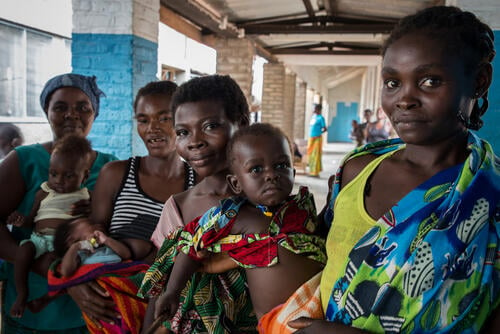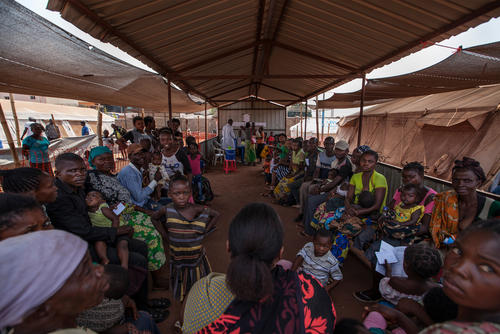
Angola
We consolidated our operations in 2017 and 2018, supporting the health authorities to respond to emergencies - from the water, sanitation and healthcare needs of more than 30,000 people who had fled conflict in neighbouring Democratic Republic of Congo to tackling outbreaks of cholera and malaria.
Besides direct management of patients, MSF also trained officials from the Ministry of Health and donated medicines and medical supplies to provincial and municipal hospitals. We also worked with the Ministry of Health to improve its disease surveillance and alerts mechanism.
Our activities in 2022 in Angola
Data and information from the International Activity Report 2022.
59
59
€4.7 M
4.7M
1983
1983
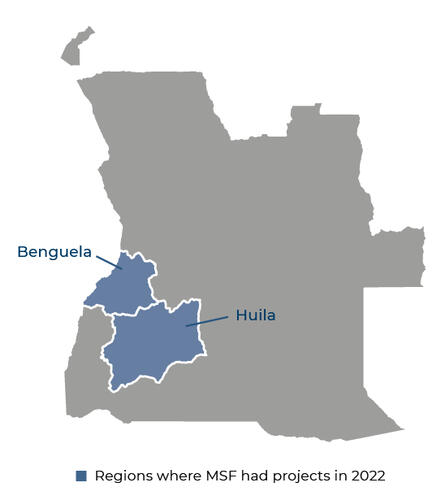

510
51
1,330
1,33
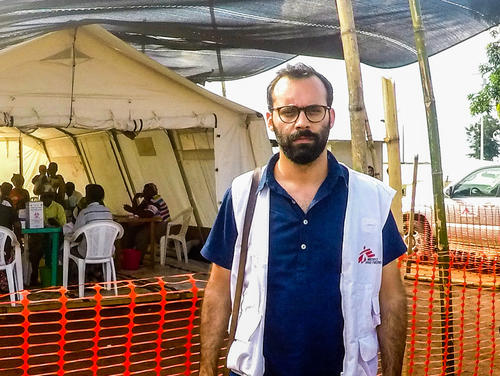
“People in the camp had one goal – to stay alive”
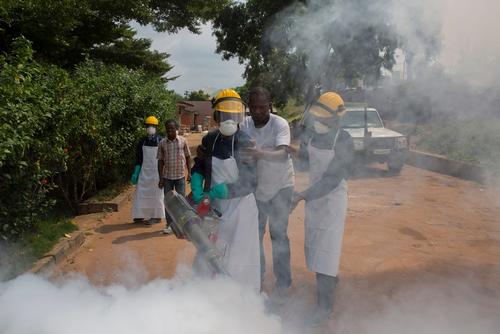
Hunting down mosquitoes to combat yellow fever
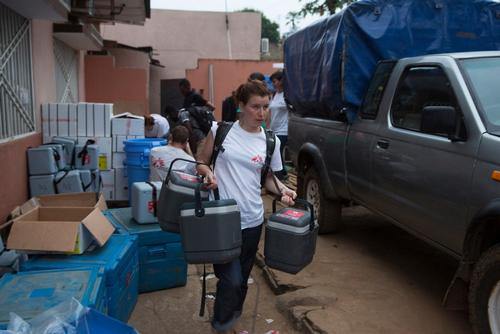
MSF teams help curb yellow fever

High vaccine prices hamper immunisation efforts in Africa, but are missing from agenda of key vaccination conference
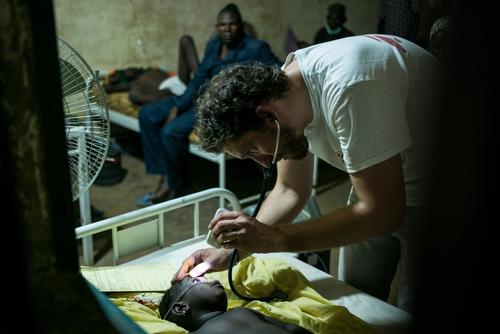
Epidemics: Neglected emergencies?

